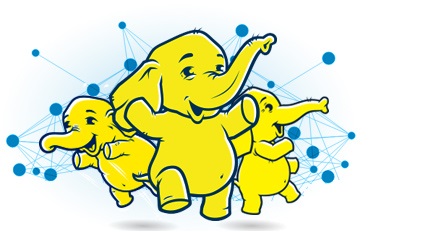Edvancer's Knowledge Hub
4 reasons why managers should learn Hadoop

Big data is a popular topic these days, not only in the tech media, but also among mainstream news outlets. Managers feel big data can provide significant business benefits. It can help businesses gain insights in order to make faster & more informed decisions.
All major industries are now turning to big data, and Hadoop is the platform that makes big data easier to manage. Especially after April’s official release of big data software framework, Hadoop 2.7.3 is generating even more media buzz.
Basically, Hadoop is an open source software framework specifically built to process large amounts of data from terabytes to petabytes and beyond. Unlike relational databases, Hadoop doesn’t insist that you structure your data. Data may be unstructured and schemaless. Users can load their data into the framework without needing to reformat it. By contrast, relational databases require that data be structured and schemas be defined before storing the data.
There are four main reasons a business manager should learn about Hadoop. Let’s dive right into them.
Hadoop is scalable
Hadoop is a highly scalable platform because it can store and distribute very large volumes of data sets across hundreds of servers that operate in parallel. Unlike, traditional relational database systems(RDBMS) that can’t scale to process large amounts of data, Hadoop enables you to run applications on thousands of clusters. Scalability allows servers to be added on demand to accommodate growing workloads.
In other words, additional hardware could be easily and quickly added on as needed without having to pay extra because Hadoop is open source. That’s dramatically changed the way you can expand your computing power. You don’t want to spend millions of dollars on infrastructure.
Let’s say your marketing department is generating and storing three billion records a month, and that it’ll increase to 10 billion a month in 3 months. There are two main limitations for you in this scenario:
Share this on





Follow us on




- Unstructured data such as video
- Amount of data to be processed
Manu Jeevan
Manu Jeevan is a self-taught data scientist and loves to explain data science concepts in simple terms. You can connect with him on LinkedIn, or email him at manu@bigdataexaminer.com.
Latest posts by Manu Jeevan (see all)
- Python IDEs for Data Science: Top 5 - January 19, 2019
- The 5 exciting machine learning, data science and big data trends for 2019 - January 19, 2019
- A/B Testing Made Simple – Part 2 - October 30, 2018
Follow us on
Free Data Science & AI Starter Course

